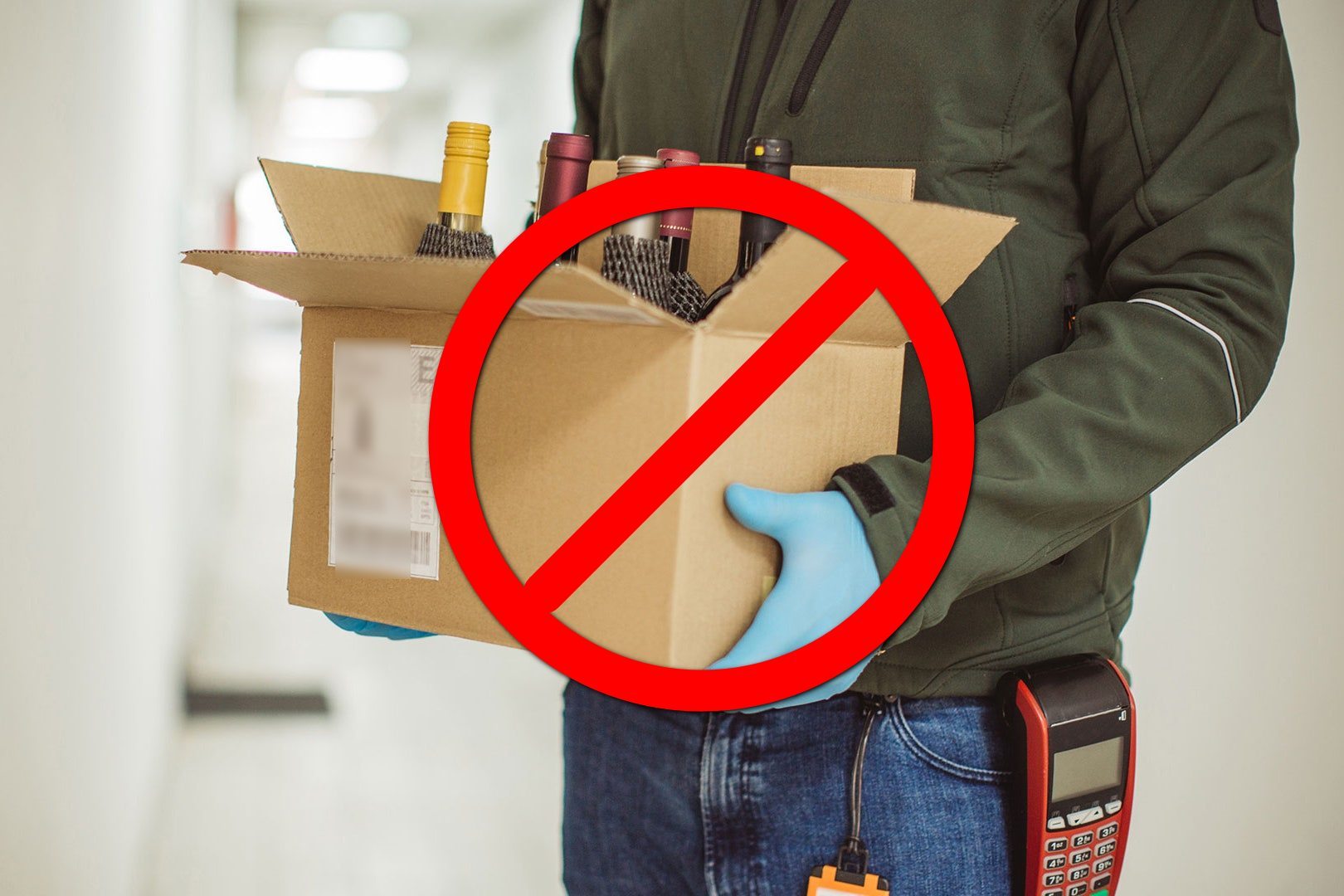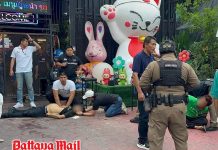
The surprise decision of the Center for Covid-19 Situation Administration to allow Phuket diners to drink alcohol with meals has certainly set the cat amongst the pigeons on social media. The restrictions are inevitably complex, for example both customers and staff must be able to prove they are doubly vaccinated, whilst employees must continue to be tested on a weekly basis. How the new rules will be physically enforced in practice is left to your imagination. No news there.
Thailand’s love-hate relationship with alcohol goes back a long way. Booze only became a significant issue in Thai politics in the 19th century when Chinese immigrants first set up distilleries for white spirit and the Thai government urgently seized the opportunity to tax the product. This contradictory dualism between the traditional Buddhist dislike of alcohol and the state’s love of cash is very deep in Thailand. It explains the cocktail of confusion.
The post-coup, military-backed government stepped up the war on alcohol. In 2015, a forgotten law of 1972 was unwrapped to limit the sale of alcohol to eight hours a day. A 2008 control ban on advertising was beefed up in 2020 when on-line booze sales and even delivery to homes were outlawed. At the same time, alcohol can be bought almost anywhere and the World Health Organization estimates there is one retail outlet selling booze for every 100 citizens in the kingdom. The two powerful Thai families, which control most domestic booze production, are amongst the richest in the land.

WHO estimates that 72% of booze sales are high-proof liquor, including the local “lao khao whisky”, which can’t generally be exported. Beer comes in next at 27% and ridiculously-taxed wine trails at under 1%. In Thailand, the highest alcohol content receives the lowest tax levy, the opposite of the situation in most of the world. Don’t look for coherence. The minimum age for drinking in bars and clubs is 20, but Thais can work in them from age 18.
Thai governments don’t usually justify booze legislation by reference to religion. Mostly, they stress the danger to youth, the huge number of deaths on motorbikes, the fact that some crime is alcohol-fuelled and – now of course – the threat posed by Covid if people gather in talkative groups. However, it is illegal to sell alcohol near a school or temple. Thai authorities are fully aware that much anti-booze legislation is ignored. The police function is to keep the lid on sensitive issues, not to root out every misdemeanor. A handful of well-publicized raids on parties are meant to send a message to the wider community.
If the Phuket booze experiment does not result in an avalanche of new infections, we can expect the pilot to be extended to more Sandbox cities sometime in November. If we are very lucky, bars and clubs might be unchained in the new year. But Thai officials are already talking about the need for a new law to control alcohol nationally in the new Covid-sensitive world. Temperature checks, social distancing, face masks, restricted hours and medical apps aren’t going away any time soon. Soon enough, they will all be part of a night on the town.
 |
 |
 |





